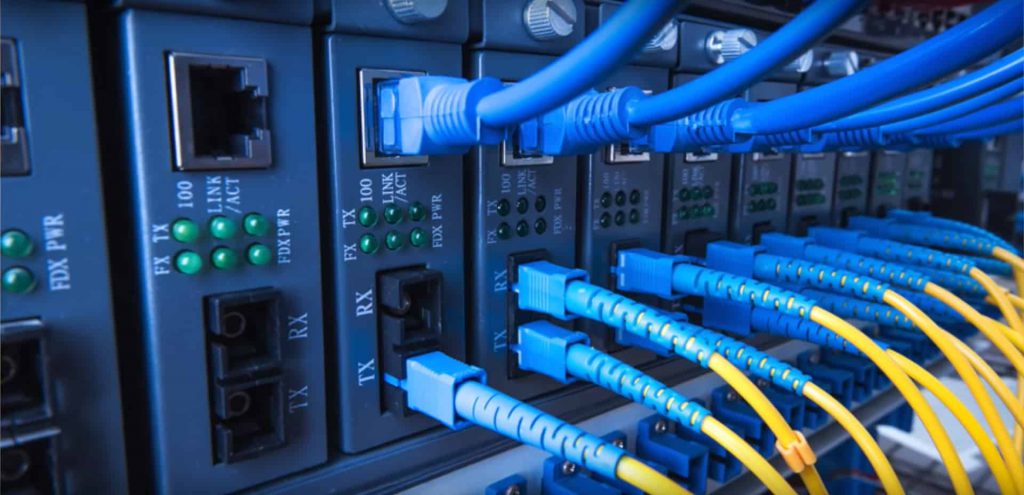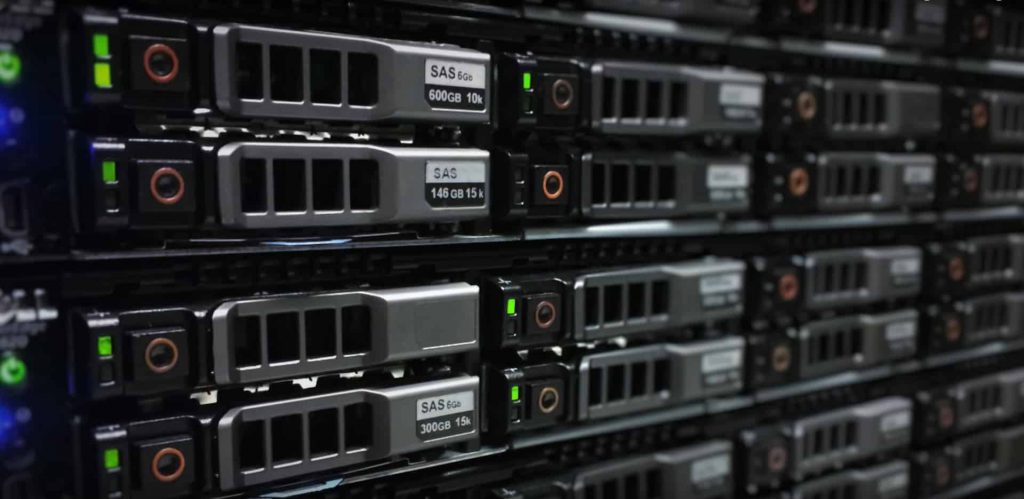Cisco has disclosed a dozen bugs affecting its Data Center Network Manager (DCNM) software, including three critical authentication-bypass bugs that expose enterprise customers to remote attacks.
Cisco warns that a remote attacker can bypass DCNM’s authentication and carry out tasks with administrative privileges on an affected device.
The available updates are highly important for enterprise data centers built with its Nexus NX-OS-based switches. DCNM is a key component for automating NX-OS-based network infrastructure deployments.
Cisco points to three separate authentication bypass vulnerabilities in a single advisory. They’re tagged as CVE-2019-15975, CVE-2019-15975, and CVE-2019-15977 and the trio have a severity rating of 9.8 out of a possible 10, meaning they are firmly critical security issues.
The bugs “could allow an unauthenticated, remote attacker to bypass authentication and execute arbitrary actions with administrative privileges on an affected device”, Cisco said.
Despite the common advisory, Cisco explains the vulnerabilities are independent of each other and that exploitation of one isn’t required to exploit another.

The first bug is due to a static encryption key that’s shared between installations. The issue resides in the REST API endpoint of DCNM. It allows an attacker to use the static key to generate a valid session token and potentially carry out actions at will through the REST API with administrative privileges.
DETAILS
An attacker may obtain a valid session cookie without knowing the administrative user password by sending a specially crafted HTTP request to a specific web servlet that is available on affected devices.
Cisco deprecated the use of the affected web servlet in DCNM Software Release 11.0(1). There is no known attack vector on that version.
Cisco removed the affected web servlet completely in DCNM Software Release 11.1(1).
FIXED SOFTWARE
Cisco has released free software updates that address the vulnerability described in this advisory. Customers may only install and expect support for software versions and feature sets for which they have purchased a license. By installing, downloading, accessing, or otherwise using such software upgrades, customers agree to follow the terms of the Cisco software license:

Additionally, customers may only download software for which they have a valid license, procured from Cisco directly, or through a Cisco authorized reseller or partner. In most cases, this will be a maintenance upgrade to software that was previously purchased. Free security software updates do not entitle customers to a new software license, additional software feature sets, or major revision upgrades.
When considering software upgrades, customers are advised to regularly consult the advisories for Cisco products, which are available from the Cisco Security Advisories and Alerts page, to determine exposure and a complete upgrade solution.
In all cases, customers should ensure that the devices to be upgraded contain sufficient memory and confirm that current hardware and software configurations will continue to be supported properly by the new release. If the information is not clear, customers are advised to contact the Cisco Technical Assistance Center (TAC ) or their contracted maintenance providers.

